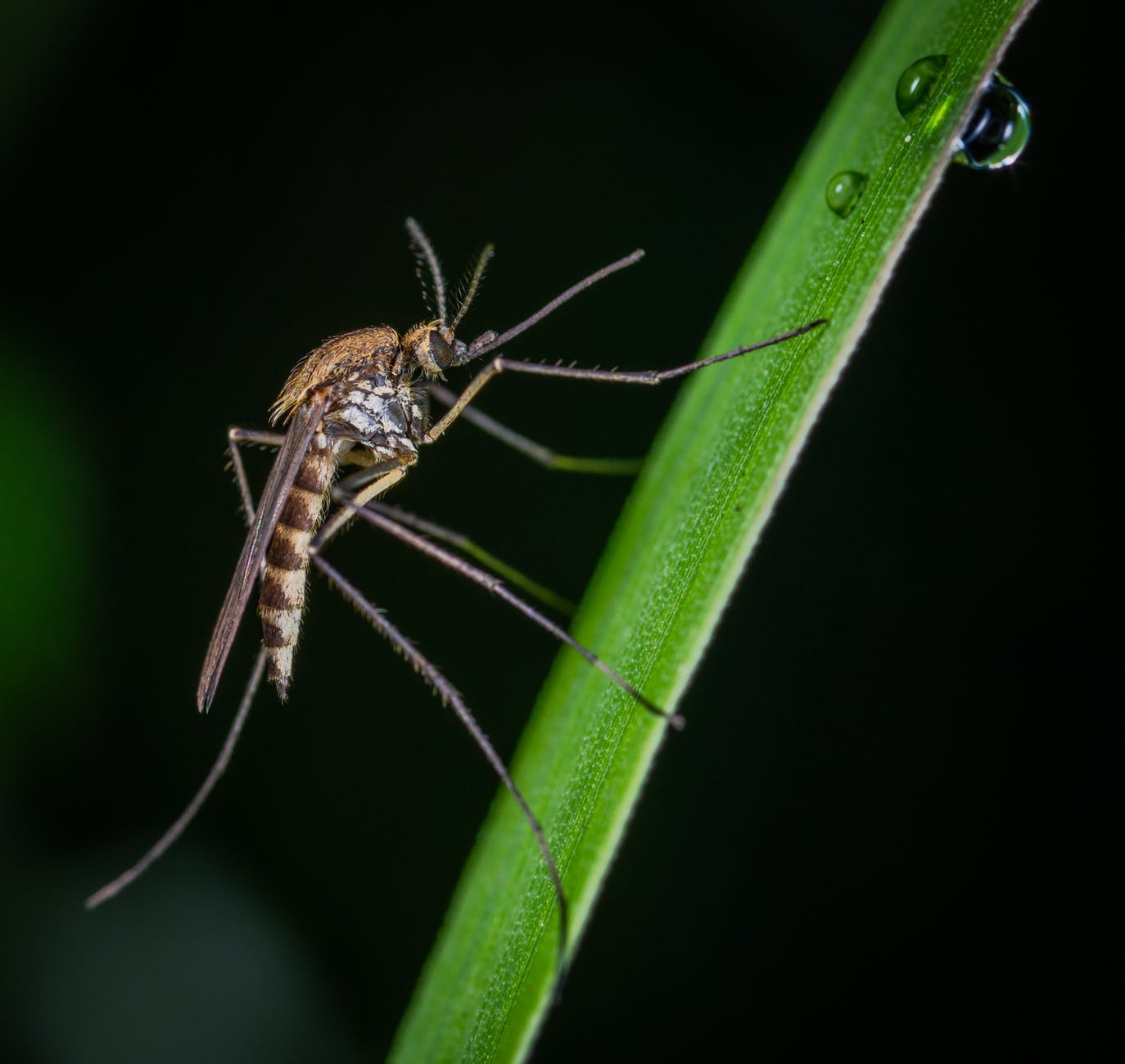A total of 22 people have tested positive for the Zika virus in Rajasthan’s Jaipur, prompting the Prime Minister's Office (PMO) to seek a detailed report from the health ministry on the outbreak of the disease.
A Bihar resident, who had visited his home in Siwan recently, was among those affected and the state has put the district administration on high alert to keep an eye on people who show similar symptoms. All suspected cases in the defined area of Jaipur and mosquito samples from this area are being tested. Additional testing kits are provided to viral research and diagnostic laboratories. The state government has been supplied with information, education and communication (IEC) material prepared to create awareness about Zika virus and its prevention strategies.
All pregnant mothers in the area are being monitored through and extensive surveillance and vector-control measures are being taken up in the area as per protocol by the state government.
Zika virus
The Zika virus, first detected in rhesus monkeys in Uganda in 1947 is a fast emerging mosquito-borne infection. Subsequently, it was first seen in humans in 1952 in Uganda and the United Republic of Tanzania. Outbreak of the disease has been reported in Africa, the Americas, Asia and the Pacific.
Aedes mosquito borne diseases have become one of the major threats to human population. Zika virus infection is a mosquito-borne illness like dengue (DEN) and chikungunya (CHIK) viruses. A lot about the biology of vectors and its role in disease transmission is known but Aedes mosquito-borne infections continue to be the major cause of mortality in many subtropical and tropical countries.
Key facts
- Zika virus disease is caused by a virus transmitted primarily by Aedes mosquitoes, which bite during the day.
- Symptoms are generally mild and include fever, rash, conjunctivitis, muscle and joint pain, malaise or headache. Symptoms typically last for 2–7 days. Most people with Zika virus infection do not develop symptoms.
- Zika virus infection during pregnancy can cause infants to be born with microcephaly and other congenital malformations, known as congenital Zika syndrome. Infection with Zika virus is also associated with other complications of pregnancy including preterm birth and miscarriage.
- An increased risk of neurologic complications is associated with Zika virus infection in adults and children, including Guillain-Barré syndrome, neuropathy and myelitis.
From mother to child
- An infected mother can pass on the virus to her newborn around the time of birth.
- A pregnant and infected woman can transfer the virus to her fetus during pregnancy. Research is on to study the adverse effect of Zika on pregnancy and infant outcomes associated with Zika virus infection during pregnancy.
- Till date, there are no reports of infants contracting the Zika virus through breastfeeding. Because of the tremendous benefits of breastfeeding, mothers are encouraged to breastfeed despite the widespread nature of Zika.
How do people become infected?
Zika virus is transmitted through the bite of an infected female mosquito, primarily the Aedes aegypti. This mosquito also spreads yellow fever, dengue and chikungunya. Aedes mosquitoes usually bite during the day, peaking during early morning and late afternoon/evening.
How do you treat Zika?
Zika has no treatment or vaccine. The symptoms of Zika virus are mild – usually require common treatment like rest, drinking enough fluids, and treat pain and fever with common medicines. If symptoms worsen, they should seek medical care and advice.
To increase protection, people are advised to:
- use insect repellent
- wear long-sleeved garments and long pants
- place mosquito nets over beds (in some cases)
- use window and door screens
- avoid areas with standing water, by emptying tanks or choosing to camp away from lakes or ponds
Symptoms
Many people infected with Zika virus won’t have symptoms or will only have mild symptoms. The most common symptoms of Zika are
- Fever
- Rash
- Headache
- Joint pain
- Conjunctivitis (red eyes)
- Muscle pain
Source: indianexpress.com, cdc.gov, medicalnewstoday.com, WHO, news18.com, doi: 10.4103/0971-5916.187103
